Challenging Neutrality: South Africa's Genocide Case Against Israel and the Global Student Protest Movement
Please Stop The War...
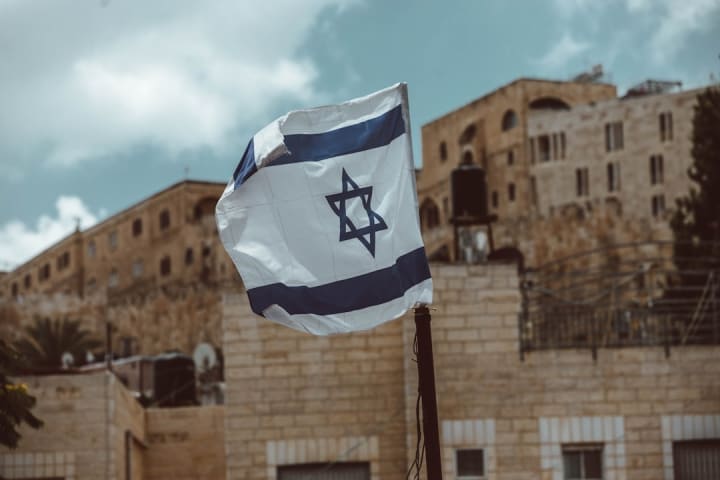
Overview of the South Africa-Israel Genocide Case
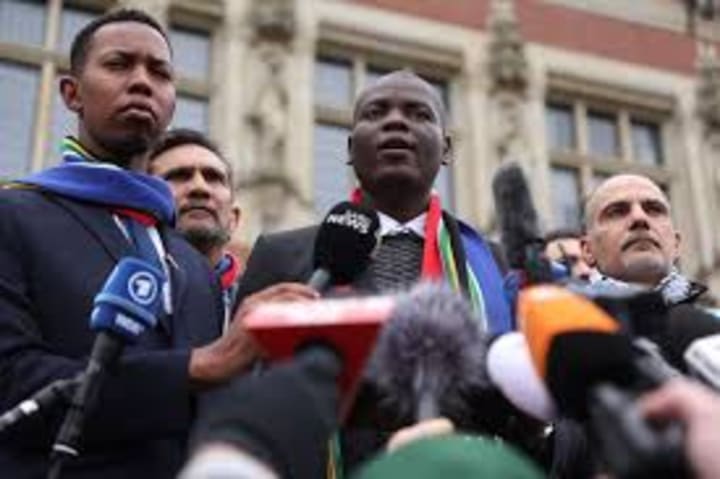
South Africa's Allegations and Legal Arguments
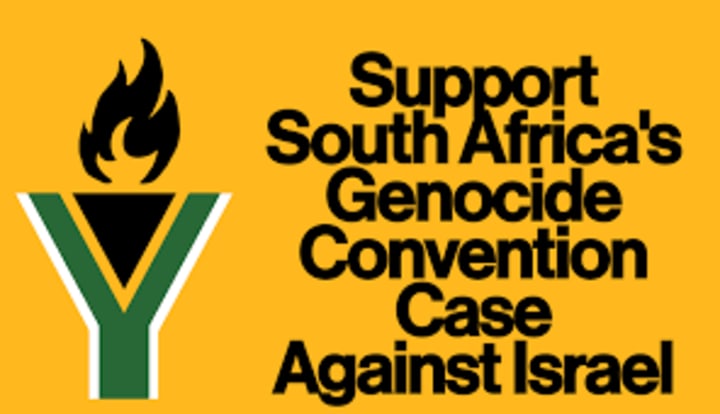
Western Neutrality and Double Standards
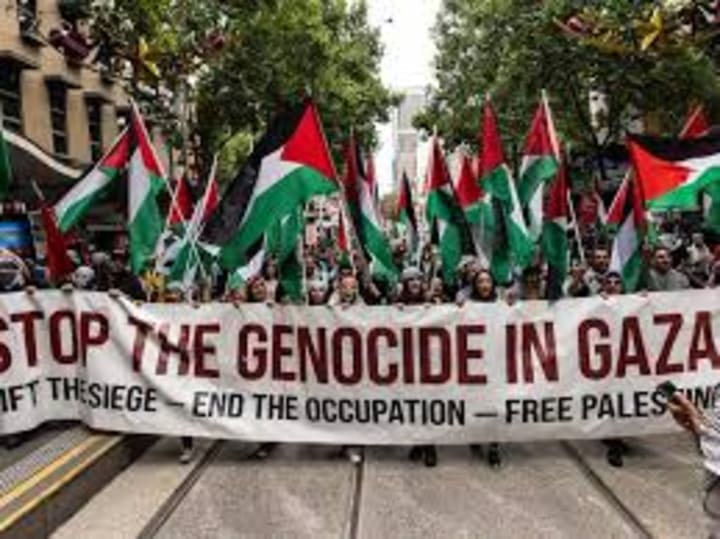
Role of USA Students in Global Protests
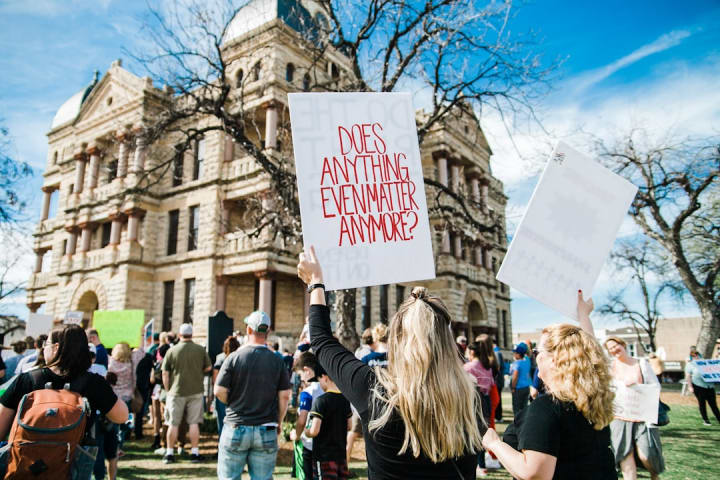
The involvement of USA students in the global protests against the neutrality in the South Africa-Israel genocide case plays a crucial role in advocating for justice and accountability. For instance, the wave of protests led by students on university campuses across the United States serves as a platform to raise awareness about the plight of Palestinians in conflict zones like Gaza. By organizing rallies, sit-ins, and educational events, students not only highlight the urgency of addressing human rights violations but also pressure policymakers to take a stand against alleged genocidal acts.
Moreover, USA students' engagement in the protests reflects a broader trend of youth activism and social consciousness. For example, student-led movements have historically been instrumental in driving social change and challenging existing power structures. By mobilizing on a global scale, students demonstrate solidarity with the Palestinian cause and emphasize the importance of holding nations accountable for their actions in conflict zones. Their activism serves as a powerful reminder of the role of grassroots movements in shaping international discourse and demanding ethical leadership in addressing humanitarian crises.
ICJ Proceedings and Legal Implications
The hearings at the International Court of Justice (ICJ) in response to South Africa's accusations of genocide against Israel mark a pivotal moment in international law. The legal arguments discussed in the ICJ proceedings not only aim to address the specific case brought forward by South Africa but also shed light on the broader challenges of defining and proving genocide in conflict zones like Gaza. For instance, the complexities of distinguishing between self-defense actions and genocidal acts in the context of the Israeli-Palestinian conflict are meticulously examined, emphasizing the need for a nuanced legal approach.
Moreover, the ICJ's emphasis on preventing genocidal acts, ensuring the provision of humanitarian aid, and upholding compliance with international law sets a crucial precedent for accountability in global conflicts. By addressing South Africa's allegations against Israel, the ICJ is not only navigating the legal intricacies of the case but also establishing standards for future disputes involving accusations of genocide. This proactive stance towards enforcing international law underscores the court's commitment to upholding justice and human rights in conflict-ridden regions, which is paramount in fostering a more equitable and peaceful world order. These legal implications extend beyond the specific South Africa-Israel case, influencing how similar allegations of genocide in conflict zones are approached and adjudicated on an international scale.
Reflection on the South Africa-Israel Genocide Case
The South Africa-Israel genocide case at the International Court of Justice (ICJ) presents a crucial examination of the complexities involved in addressing alleged genocidal acts in conflict zones, particularly in Gaza. South Africa's accusations against Israel have brought to light the challenges of defining and proving genocide under the 1948 Genocide Convention. By focusing on the legal aspects of the case, the ICJ proceedings offer insights into the intricacies of applying international law to situations of conflict and alleged humanitarian violations. For instance, the ICJ's interim rulings to prevent genocidal acts in Gaza and ensure compliance with the Genocide Convention set important legal precedents that may influence future cases involving similar allegations.
Moreover, the global reactions to the South Africa-Israel genocide case highlight broader tensions surrounding Western neutrality, especially in conflicts where geopolitical interests often influence international responses. The case has sparked debates on the consistency of international justice and the role of major powers in addressing human rights violations. For example, the West's perceived neutrality in this case has raised questions about the enforcement of accountability measures and the prioritization of political considerations over humanitarian concerns. The implications of this legal battle extend beyond the specific accusations against Israel, shaping discussions on diplomatic interventions, human rights advocacy, and the evolving landscape of conflict resolution mechanisms. As the case unfolds, it underscores the significance of upholding international law and seeking justice for victims of alleged genocidal acts, emphasizing the need for transparency and accountability in addressing humanitarian crises.






Comments
There are no comments for this story
Be the first to respond and start the conversation.